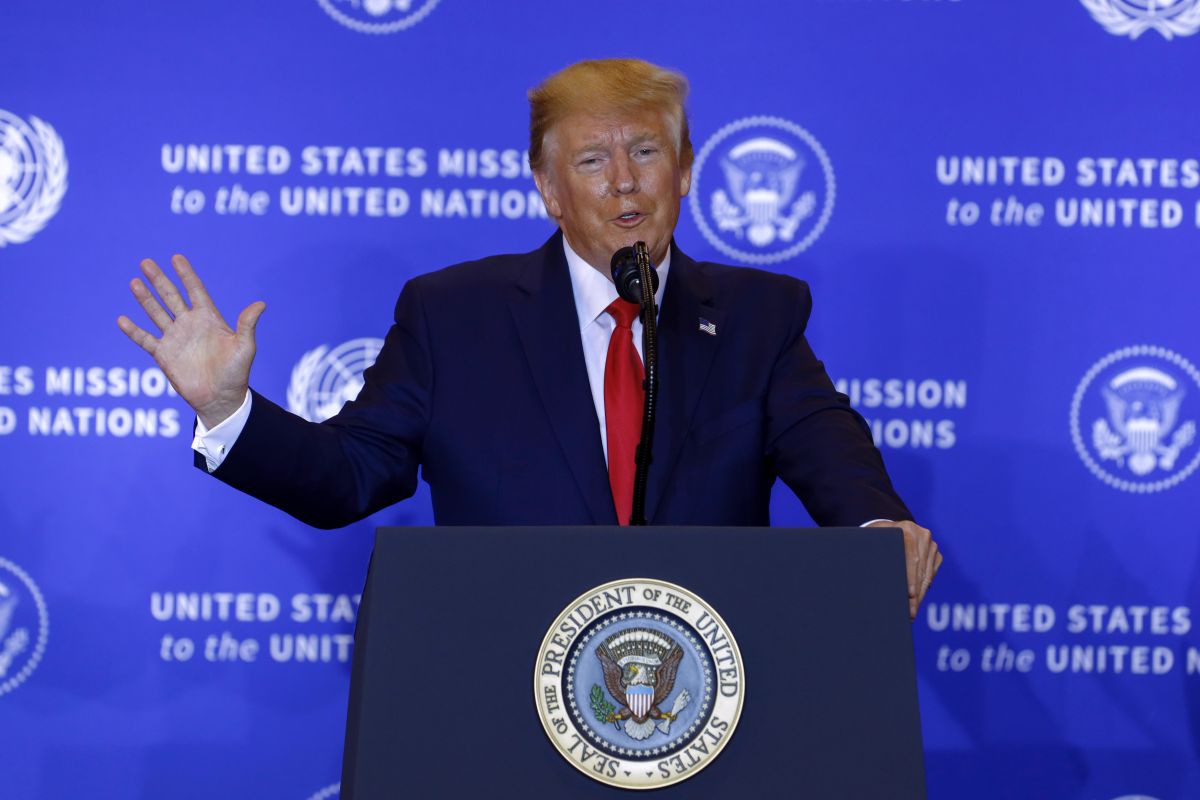US President Donald Trump’s administration on Tuesday announced investigations into foreign digital services taxes it says are aimed squarely at American tech firms.
Following a similar trade investigation against France last year, the US Trade Representative office now is looking into taxes in Britain and the European Union, as well as Indonesia, Turkey and India.
“President Trump is concerned that many of our trading partners are adopting tax schemes designed to unfairly target our companies,” USTR Robert Lighthizer said in a statement.
“We are prepared to take all appropriate action to defend our businesses and workers against any such discrimination.”
Meanwhile, reacting on the development, government sources quoted by ANI, have stated that the announcement by the US Trade Representative on Section 301 probe into India’s equalization levy is merely a first step initiation and in no way represents definitive action against the Indian Government. Moreover, this is not an intimation of tariffs or other punitive measures on India, they said.
The sources further pointed out that this action by USTR is not targeted against India, instead this targets the policy of digital taxation that has emerged in a number of countries including Austria, Brazil, Czech Republic, European Union, India, Indonesia, Italy, Spain, Turkey and the United Kingdom.
The US law mandates consultation with the alleged party, the sources said, and therefore India will have the opportunity to defend its taxation policy.
Washington opposes the efforts to tax revenues from online sales and advertising, saying they single out US tech giants like Google, Apple, Facebook, Amazon and Netflix.
The US and France have agreed to negotiate till the end of the year over a digital services tax Paris approved in 2019, after USTR found them to be discriminating and threatened retaliatory duties of up to 100 percent on French imports such as champagne and camembert cheese.
Trump has embroiled the US in numerous trade disputes since taking office in 2017, including a months-long trade war with China that cooled with the signing of a partial deal in January.











